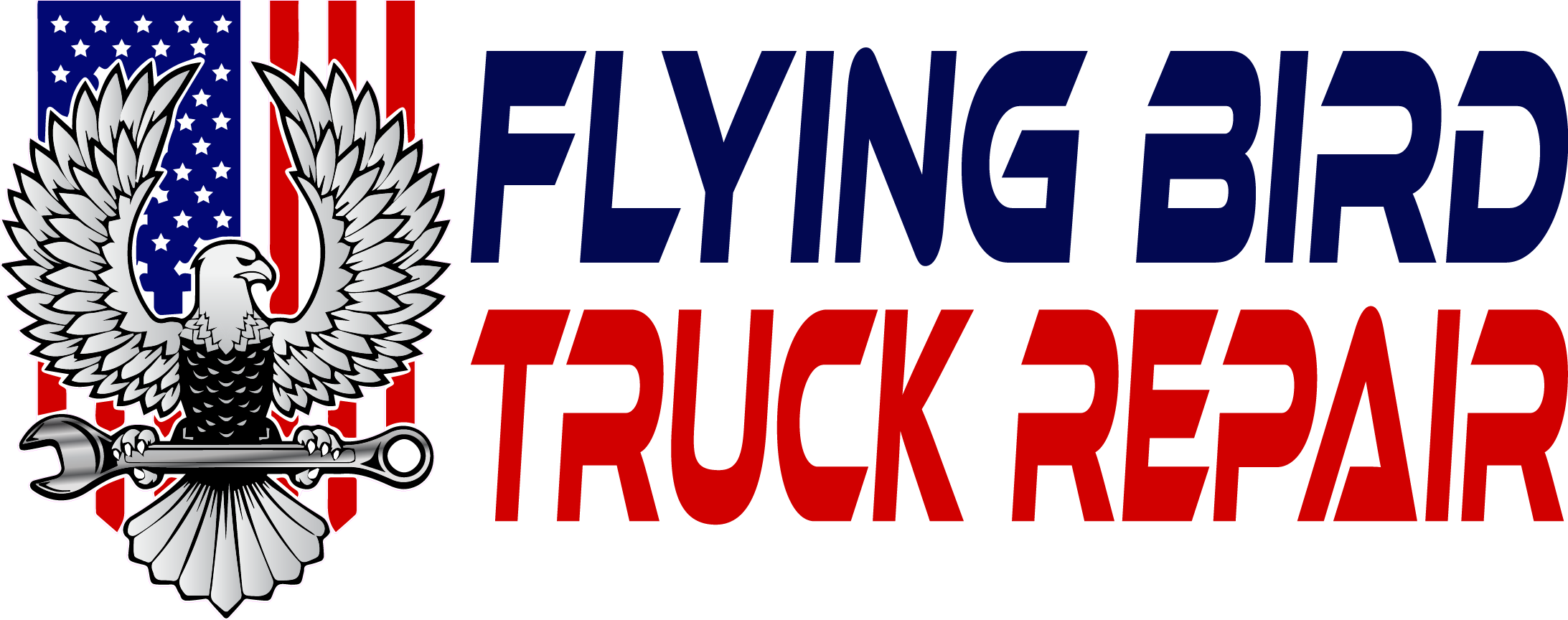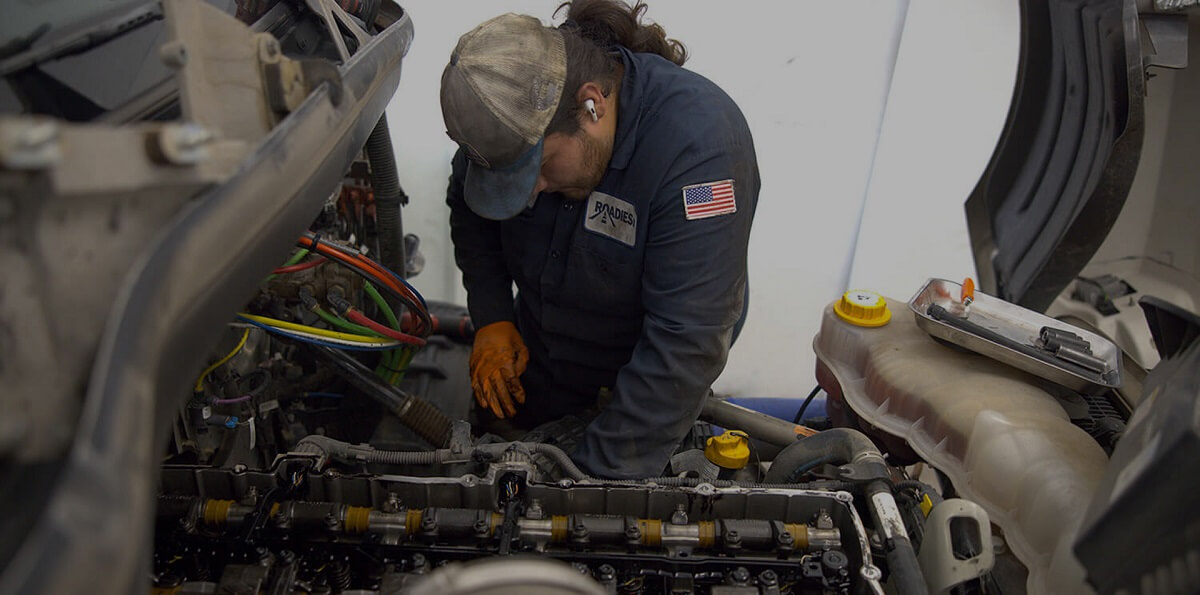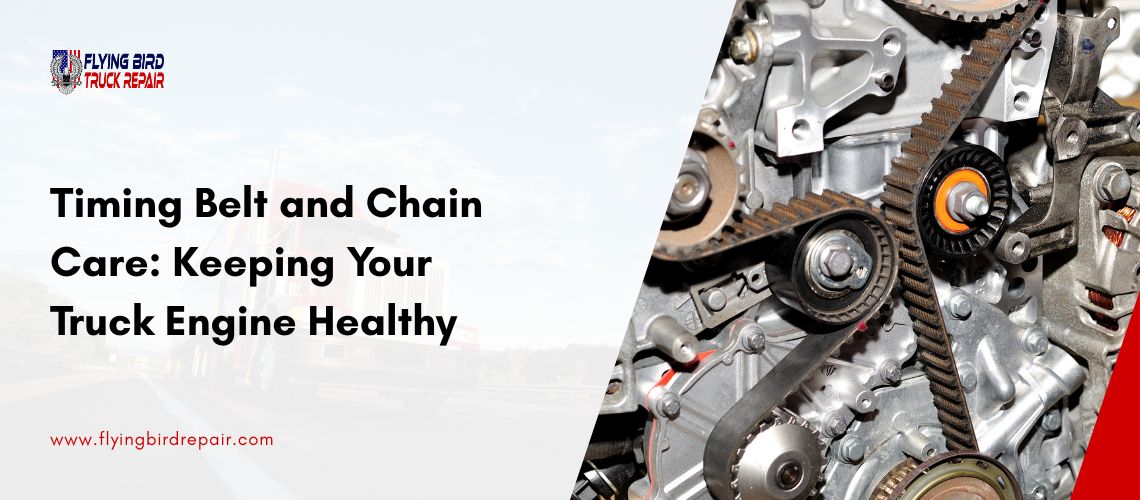Whether you’re a long-haul driver or manage a fleet, keeping your truck in top shape is not just about saving money—it’s about keeping your business moving. One of the simplest, yet most critical, parts of preventive truck maintenance is the regular oil change. It may not seem like a big deal, but the condition of your engine oil can make or break your truck’s performance.
Your truck takes on a lot. From hauling heavy loads to driving through rough weather and long hours on the highway, your engine works hard. And with all that strain, oil becomes even more important. It keeps everything inside the engine running smoothly, reducing friction, minimizing heat, and preventing dirt and sludge from building up. Neglecting this basic upkeep can lead to serious issues down the road.
In the following article, we’ll go over why oil changes are so important, how often you should replace truck oil, and what indications to look for that indicate it’s time to schedule servicing.
Why Oil Changes Matter for Trucks
Think of motor oil as the lifeblood of your truck’s engine. It lubricates all the moving parts, helps regulate temperature, and carries away contaminants that can damage your engine over time. Without clean oil, friction builds up, parts wear down faster, and your engine could suffer costly damage.
1. Engine Protection Through Oil Changes
Fresh oil protects your truck’s engine from friction and overheating. The cleaner the oil, the smoother your engine parts operate. Dirty oil lacks proper lubrication, which can accelerate wear and tear on components.
2. Boosting Truck Engine Performance
If you’ve noticed your truck feeling sluggish or using more fuel than usual, dirty oil could be the culprit. Regular oil changes help maintain peak engine performance and fuel efficiency, especially in diesel engines.
3. Preventing Costly Repairs
Short-term cost savings may result from skipping oil changes, but long-term engine damage and expensive repairs may follow. Clean oil helps to avoid the formation of sludge, rust, and corrosion, which extends the life of the engine.
How Often Should You Change Your Truck’s Oil?
Although there isn’t a single approach that works for everyone, the following general rules can help:
- Diesel trucks: Every 10,000 to 15,000 miles, depending on engine size and driving circumstances.
- Older Engines: They may require oil changes more frequently, especially if they run hot or burn oil.
- Heavy Loads or Extreme Conditions: If your truck hauls heavy loads or drives in harsh weather, it’s wise to change the oil more often.
When in doubt, follow the manufacturer’s truck maintenance tips and check your owner’s manual.
Signs Your Truck Needs an Oil Change
Recognizing dirty oil symptoms early can help you avoid serious engine trouble. The following are a few indicators that an oil change is necessary:
- Dark or Dirty Oil: Clean oil is amber-colored. If it’s black or gritty, change it.
- Engine Noise or Knocking: A well-lubricated engine runs quietly. Extra noise could indicate that your oil is no longer performing its job.
- Exhaust Smoke: If your truck is blowing more smoke than usual, dirty oil may be the cause.
- Dashboard Warning Light: Don’t ignore that oil light—it’s not just a suggestion.
- Decreased Fuel Economy: Old oil could be to blame if you’re filling up more often.
If you spot any of these symptoms, search for a truck oil change near me and get your vehicle checked out promptly.
Benefits of Regular Oil Changes
Regular oil changes are one of the most affordable ways to maintain your vehicle and prevent costly repairs. Here’s why:
- Longer Engine Life: Clean oil prevents wear and keeps internal parts from grinding.
- Better Fuel Efficiency: Reduces engine drag and improves MPG.
- Cleaner Emissions: Helps reduce pollution and pass emissions tests.
- Smoother Rides: Keeps your engine running like it should—quiet and smooth.
- Peace of Mind: You’ll worry less knowing your truck is in top shape.
Preventive Truck Maintenance Matters
Oil changes aren’t just a chore—they’re a cornerstone of preventive truck maintenance. When combined with other services like:
- Truck Wheel Alignment
- Brake inspections
- Coolant level checks
- Filter replacements
…they help you avoid breakdowns and keep your truck road-ready.
DIY vs. Professional Oil Changes
Some truck owners prefer to do oil changes themselves. That’s great if you have the tools, space, and time. But for most commercial truckers or fleet owners, professional oil changes save time and ensure the job is done right.
Many shops that offer truck maintenance tips and services also check for leaks, inspect belts and hoses, and top off other fluids during the oil change. It’s an excellent time to take a thorough check of your truck’s condition.
Choosing the Right Oil for Your Truck
All oils are not created equal. When picking the best oil for your truck, consider:
- Engine type (diesel or gas)
- Climate and weather conditions
- Driving habits (long hauls, city traffic, or heavy loads)
Synthetic oils tend to offer better protection and last longer than conventional oils, especially in diesel engines.
Your mechanic or truck maintenance service provider can help you pick the right one.
Truck Oil Change Frequency: What Impacts It?
Here are several factors that can influence how frequently you should get an oil change:
- Type of Oil: Synthetic vs. conventional.
- Age of the Truck: Older engines may require more regular maintenance.
- Driving Conditions: Dirt roads, stop-and-go traffic, or steep grades can all stress your engine.
- Load Weight: Heavy loads generate more strain and heat.
When in doubt, set up a truck oil change schedule based on your specific vehicle and driving routine.
How Skipping Oil Changes Can Affect Your Truck’s Resale Value
Many truck owners don’t realize how crucial regular oil changes are when it comes to maintaining their truck’s resale value. A truck with well-documented maintenance, especially consistent oil changes, will attract higher offers because buyers see it as a reliable investment.
Engines that have been regularly lubricated and maintained tend to run smoother and last longer. Conversely, trucks with irregular oil change records often show signs of engine wear and performance issues, making them harder to sell or resulting in a lower price.
The Impact of Oil Quality on Emissions and the Environment
Modern trucks must meet strict environmental regulations, especially diesel trucks that can produce higher emissions. Clean engine oil helps reduce the amount of harmful emissions your truck produces by ensuring the engine runs efficiently.
Dirty or degraded oil causes incomplete combustion and increased smoke, which not only damages the environment but could also cause your truck to fail emissions tests. Routine oil changes, combined with other maintenance like DPF (Diesel Particulate Filter) care, keep your truck compliant with environmental standards and reduce its carbon footprint.
How Geography and Climate Affect the Frequency of Oil Changes
Where you drive matters. If your truck regularly operates in extreme climates—whether scorching hot deserts or freezing winter roads—oil change frequency should adjust accordingly.
Heat accelerates oil breakdown, while cold weather causes oil to thicken and lose effectiveness temporarily. Trucks operating in mountainous or off-road areas face additional engine stress due to steep grades and dust, which can contaminate oil faster.
Adjust your oil change schedule to reflect these environmental factors, and always consult your owner’s manual or mechanic for advice tailored to your specific conditions.
Final Thoughts: Keep the Oil Clean, Keep the Truck Running
Regular oil changes are a small step that goes a long way. Whether you drive one truck or manage a fleet, staying on top of oil changes can:
- Improve fuel economy
- Prevent engine damage
- Extend the lifespan of your truck
Don’t wait until your engine starts making noise or your dashboard lights up. Be proactive. Schedule your next oil change and pair it with other routine checkups to stay ahead of costly repairs.
And when you’re ready, search for a trusted truck oil change near me or visit Flying Bird Truck Repair, your local truck maintenance service shop. It’s one of the smartest things you can do to keep your truck and your business moving forward.




